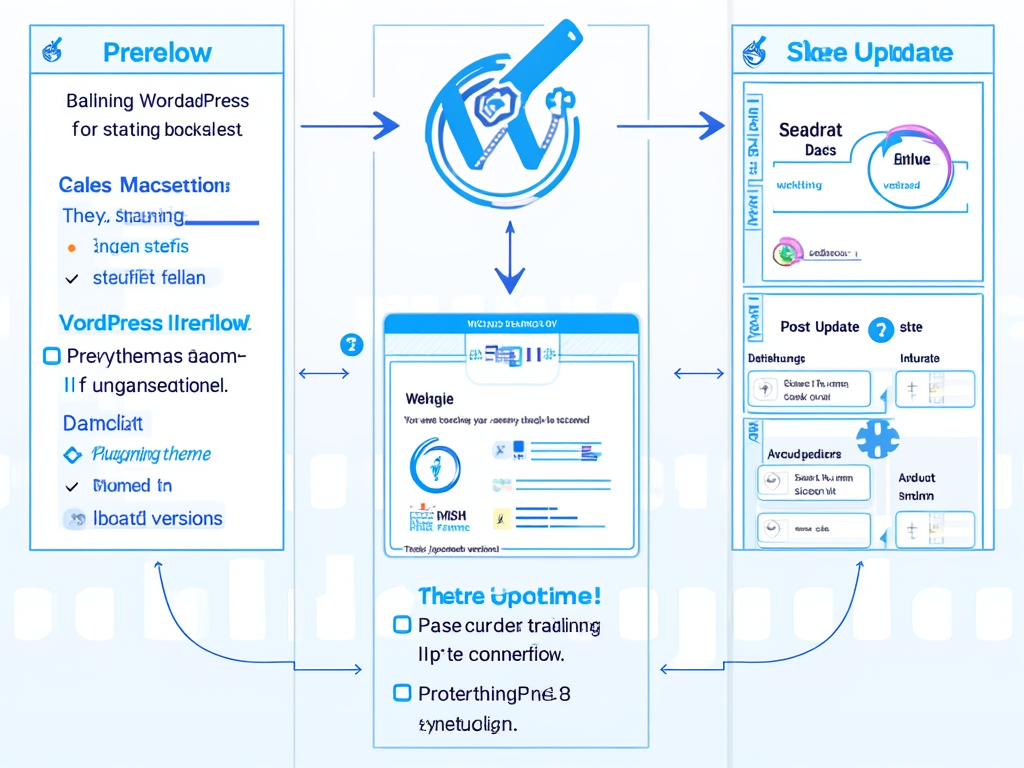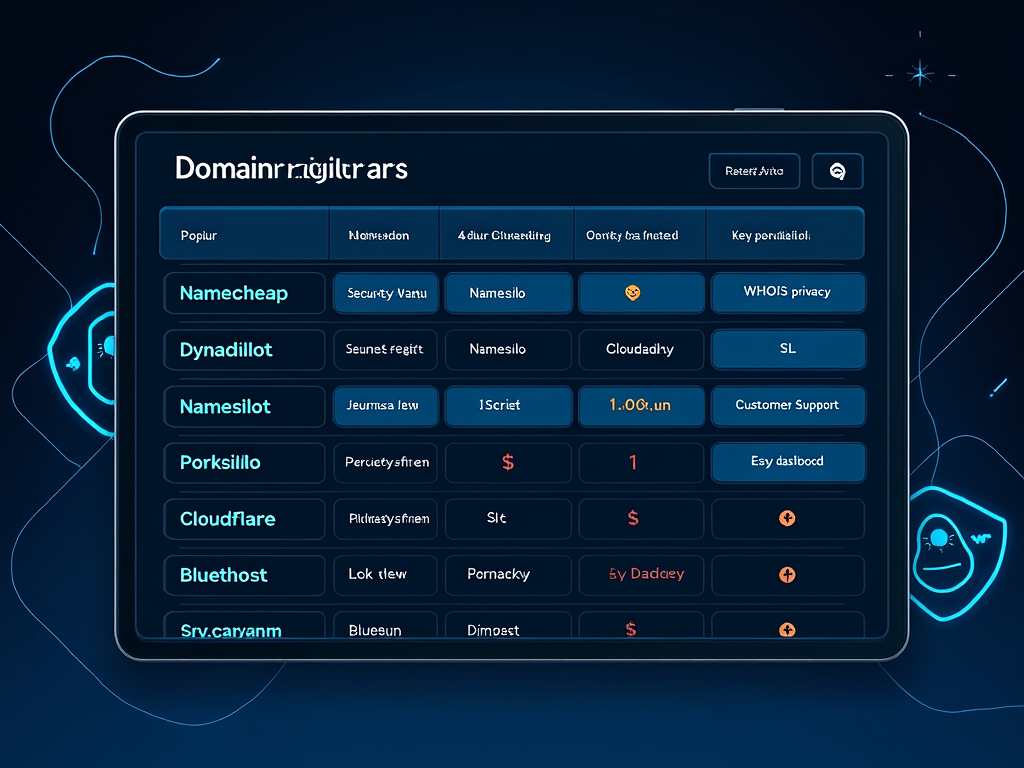The role of firewalls in securing your hosting environment
Introduction
Firewalls are the unsung heroes of the digital world, standing guard against the ceaseless tide of malicious cyber threats. In the realm of hosting environments, where sensitive data flows like a river, the significance of firewalls cannot be overstated. They are the barriers between order and chaos, making them a critical component of your security strategy. But what exactly do they do, and why are they so essential for anyone who operates a web server or web application? Let’s dive into the depths of this often-overlooked digital fortress.
What are firewalls and their types?
At their core, firewalls are security devices or software that monitor and control incoming and outgoing network traffic based on predetermined security rules. Imagine them as the vigilant gatekeepers at the entrance of a fortified castle. They scrutinize every packet seeking entry, making sure only the approved ones pass through.
Firewalls come in several flavors, each catering to different needs:
Host-Based Firewalls
Host-based firewalls are like personal bodyguards for individual devices. Installed directly on the servers or computers they protect, they analyze traffic to and from these devices. For a hosting environment, this means precisely controlling what gets in and out, warding off threats even if they originate from behind the castle walls.
Packet-Filtering Firewalls
The most straightforward of the bunch, packet-filtering firewalls operate using access control lists (ACLs). They evaluate packets based on their IP addresses, protocols, and ports. However, their simplicity comes at a cost. They can miss context, leaving small holes for sophisticated attacks to slip through.
Circuit-Level Gateways
These firewalls operate at the transport layer, verifying the legitimacy of TCP sessions through handshakes without diving deep into packet contents. Efficient and simple, yet like a false sense of security—malware can still take advantage of compromised sessions that appear valid.
Stateful Inspection Firewalls
Stateful inspection firewalls bring a more sophisticated approach to the table, keeping track of connection states. By analyzing both packets and session information, they provide a middle ground between basic packet filtering and more intrusive methods. They recognize whether a packet is part of an established connection or not, providing a crucial layer of protection.
Proxy Firewalls (Application-Level Gateways)
Proxy firewalls act as intermediaries that process requests from clients and forward them to the destination server. This type of firewall is the most thorough, inspecting packets at the application layer. But beware—this meticulous nature can introduce latency as it delves into traffic, analyzing every byte of data.
The significance of firewalls in hosting environments
When it comes to hosting environments, where servers are exposed to the world, the security stakes are high. Firewalls play an essential role in mitigating numerous threats:
Perimeter Defense
A solid network firewall serves as the frontline barrier, filtering out unauthorized access attempts. Picture a shield protecting the heart of your data center—without it, malicious entities could feast on sensitive information and exploit vulnerabilities.
Device-Level Protection
Beyond the perimeter, host-based firewalls add another level of defense. They are tactical specialists focusing on individual servers and virtual machines. Their role becomes increasingly critical, particularly against insider threats, as they monitor both internal and external connections. Think of them as personal armor for each device.
Customizable Security Policies
Firewalls are not one-size-fits-all; they adapt. Administrators can create detailed security rules based on IP addresses, ports, and protocols. This flexibility is vital, enabling businesses to tailor their defenses according to their unique environments. Want to lock down access to the admin panel? Firewalls make it possible.
Monitoring and Logging
Every action has repercussions, and firewalls serve as vigilant scribes, recording network activities. These logs are invaluable for monitoring suspicious behavior, conducting forensic analyses, and ensuring compliance with regulations. When firewalls are paired with intrusion prevention systems (IPS), they continuously block potential threats.
Mitigation of Attack Vectors
Firewalls stand steadfast against a plethora of cyberattacks that target hosting environments, including Denial of Service (DoS) attacks, SQL injections, and unauthorized accesses. Consider a hosting provider deploying specific rules that reject traffic from known malicious IP ranges. This proactive measure is critical for guardrails of safety.
Best practices and advanced approaches to firewall use in hosting
Maximizing the effectiveness of firewalls in your hosting environment involves a blend of best practices and advanced security methodologies:
Layered Security (Defense in Depth)
The best defense combines multiple layers of security. For instance, pairing network firewalls with host-based firewalls creates a multilayered fortress that intricately guards against both external and internal threats.
Regular Rule Updates and Audits
Firewalls require constant attention. Rules need frequent updates to adjust for emerging threats, and regular audits reveal misconfigurations that can unnecessarily expose services.
Use of AI and Behavioral Analysis
Here’s where it gets exciting—modern firewalls are beginning to harness the power of AI. They analyze normal traffic patterns, detect anomalies, and autonomously trigger blocks on suspicious activities. This proactive model is especially beneficial for dynamic hosting environments.
Segmentation and Micro-Segmentation
Dividing your network into segments can confine potential breaches. With host-based firewalls enforcing these micro-segments, you restrict lateral movement, effectively choking off paths that an attacker might take to navigate your infrastructure.
Comprehensive Logging and Incident Response
Collecting firewall logs centrally allows for a more broader view of network health. When these logs interact with Security Information and Event Management (SIEM) systems, organizations can uncover abnormal patterns, enabling quick incident detection and response.
Balancing Security and Performance
Choosing the appropriate type of firewall is crucial. While proxy and stateful inspection firewalls provide higher security levels, they may introduce latency that could impact performance. Finding that sweet spot is essential for keeping your hosting services efficient.
Examples from professional hosting contexts
Let's explore some real-world scenarios that highlight the importance and application of firewalls in professional environments:
Cloud Hosting Providers
Prominent cloud services utilize multi-tiered firewalls—layering network perimeter defenses alongside host-based firewalls on virtual servers. This strategy ensures tight tenant isolation and enables granular control over access rights.
Managed Hosting Services
In managed environments, providers often deploy proxy firewalls to meticulously inspect incoming application-layer traffic. This protection safeguards hosted websites from malware without directly exposing critical backend infrastructure.
Small Business Hosting
Even smaller hosting setups gain immeasurable benefits from straightforward packet-filtering and host-based firewalls. These tools guard customer data against common threats, balancing simplicity with effectiveness.
With the landscape of cybersecurity ever-evolving, understanding the multifaceted role of firewalls becomes not just a best practice but a necessity for any entity engaging in web hosting. The interplay of technology and strategy in firewall usage could very well determine the survival of your hosting environment in the battleground of the internet.
Firewalls are not just boundaries; they are the lifelines to a secure digital world.
FINDDOMAIN.GE (Internet services LLC) is a very interesting and rapidly developing IT company. The main directions are: web development, domain and web hosting. It also offers clients sub-services and outsourcing related to the main services.
BEST OFFERS:
Do you want to create your own company website or create your own online business on the Internet?
– WEB HOSTING
– DOMAIN REGISTRATION
– WEB DEVELOPMENT
– SITE BUILDER



Evaluating Firewall Performance and Efficacy
Evaluating the performance of firewalls within a hosting environment is essential. Without this continuous assessment, their effectiveness may diminish over time. There are various metrics to consider when measuring firewall performance, including throughput, latency, and the impact on overall system resources.
Throughput and Latency
Throughput refers to the amount of data that can travel through the firewall at any point in time. High throughput is essential for hosting environments; it ensures seamless data transfer without disruption. Latency, on the other hand, measures the delay before data begins transmission following a command. A balance between high throughput and low latency is crucial to maintain optimal hosting performance.
Resource Impact
Every firewall consumes resources. The type selected and the complexity of the rules dictate the level of resource usage. Balancing the security features against the resource impact is vital—intense logging, for instance, may fortify security but will throttle overall performance if not carefully managed.
Integrating Firewalls with Broader Cybersecurity Strategies
Firewalls should be a part of a broader cybersecurity strategy rather than a standalone solution. The interconnectedness of modern attacks necessitates a multi-faceted approach. Considering this, it’s crucial to integrate firewalls with additional security measures.
Intrusion Detection and Prevention Systems (IDPS)
Implementing IDPS alongside firewalls is a powerful way to enhance network security. Firewalls restrict unauthorized access, while IDPS detects malicious activities within the network. For example, the combination of both can effectively thwart an attack that bypassed the firewall.
Regular Security Audits and Updates
A hosting environment is in constant flux, and security measures must keep pace. Regular audits identify vulnerabilities and ensure that firewalls and other security systems are up-to-date with the latest threat intelligence. Cyber threats evolve rapidly, and so should your protective measures.
The Future of Firewalls in Hosting Environments
As technology advances, so too will firewalls. The rise of cloud computing and the increased sophistication of cyber threats will shape the future of firewall technologies. Here are some emerging trends:
Next-Generation Firewalls (NGFW)
Next-generation firewalls combine traditional firewall capabilities with advanced functionalities. These include integrated intrusion prevention, application awareness, and deep packet inspection—all vital components for tackling modern attacks.
Intelligent and Adaptive Security
With the integration of machine learning and artificial intelligence, firewalls can learn from network patterns, adapt, and autonomously respond to threats in real-time. This evolution presents a significant leap forward in proactive defense mechanisms, akin to equipping your castle with a sentient guardian.
Enhanced Visibility and Control
Future firewall technologies will offer better tools for visibility and control. With evolving legislation surrounding data protection like GDPR, organizations will need more transparency regarding data traffic and handling. Enhanced analytics will aid in compliance efforts while maintaining robust security.
Wrapping Up the Importance of Firewalls
In summary, firewalls remain an essential component of any hosting environment. They not only act as barriers against external threats but also serve to govern and regulate traffic, ensuring that only safe data is allowed through. With a robust understanding of their functions, types, and best practices, one can leverage firewalls as foundational elements in a larger cybersecurity strategy.
The journey to a secure hosting environment is ongoing, requiring diligence, adaptation, and a proactive stance against evolving threats. By combining firewalls with other security measures, organizations can create layered defenses that are prepared for the worst while enabling seamless operations.
For a more immersive understanding, consider watching these videos that delve deeper into firewalls and their critical role in cybersecurity:
- What is a Firewall? – Networking Basics
- Next Generation Firewalls Explained
- Introduction to Firewalls and Best Practices
References
For further reading and reference materials, you can explore:
- What is a firewall and how do they work? – TechRadar
- Cisco: What is a firewall?
- Cloudflare: Firewall Definition
- The Importance of Firewalls in Cyber Security – Security Week
Firewalls symbolize the strength of your defense against cyber threats. As we move forward into a more interconnected world, reinforcing these digital walls is no longer just an option but a necessity. The safety of your data, business, and clients hangs in the balance.
FINDDOMAIN.GE (Internet services LLC) is a very interesting and rapidly developing IT company. The main directions are: web development, domain and web hosting. It also offers clients sub-services and outsourcing related to the main services.
BEST OFFERS:
Do you want to create your own company website or create your own online business on the Internet?
– WEB HOSTING
– DOMAIN REGISTRATION
– WEB DEVELOPMENT
– SITE BUILDER








Leave feedback about this